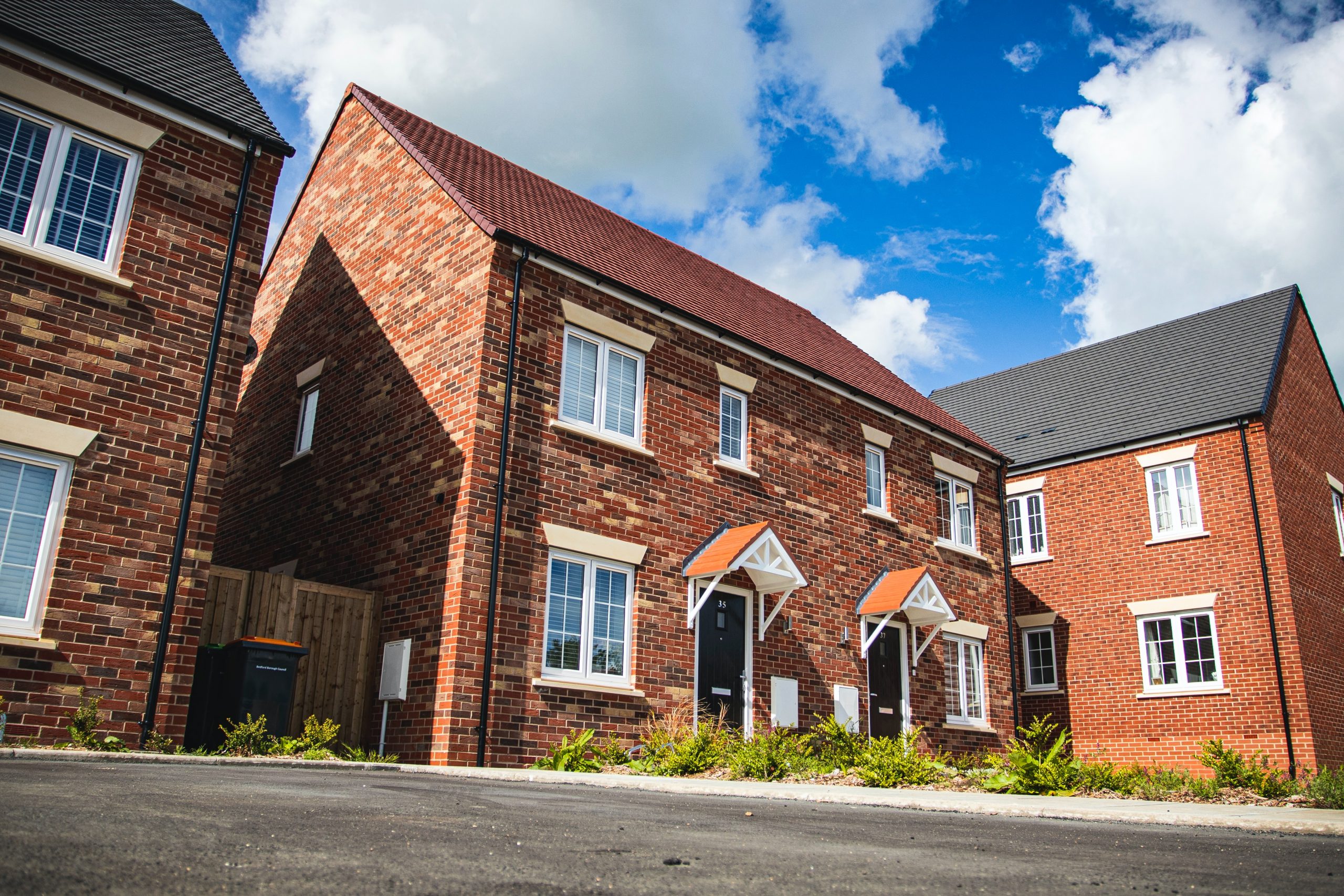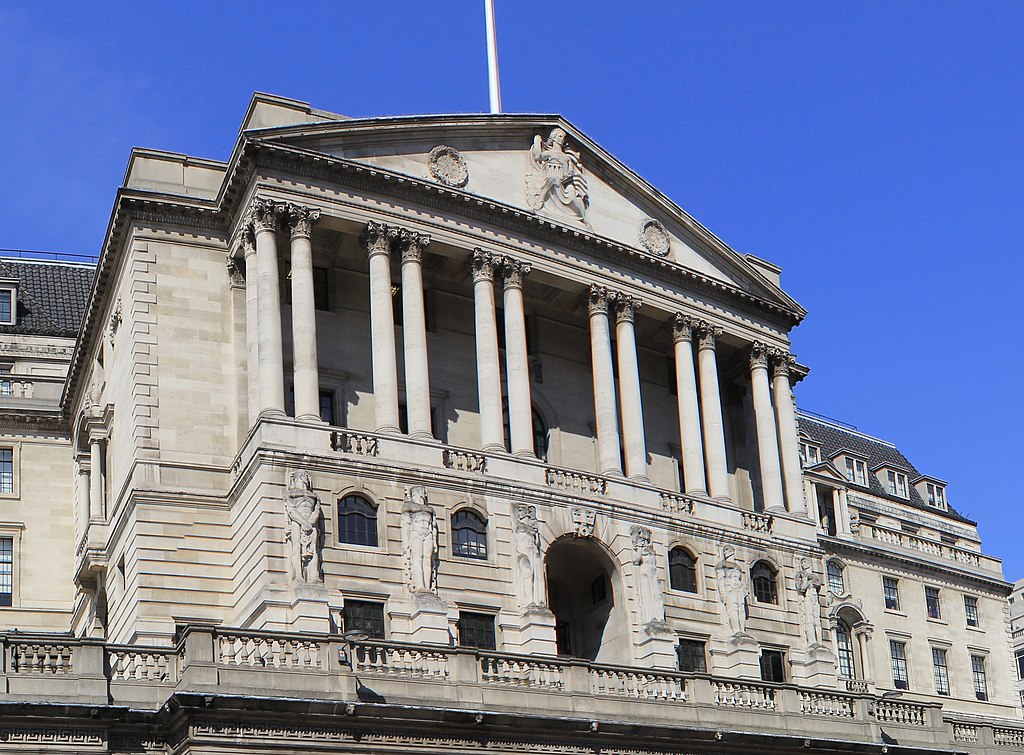When it comes to obtaining a mortgage, one of the most crucial decisions borrowers face is choosing between a fixed or variable interest rate. Both options have their own unique advantages and disadvantages, making it essential for homebuyers to understand the differences between the two. In this blog post, we will explore the features, benefits, and considerations associated with fixed and variable mortgage rates, helping you make an informed decision that suits your financial goals.
Contact us today to speak with a specialist Commercial Mortgages Broker to discuss how we can assist you.
Fixed Mortgage Rates
Fixed mortgage rates refer to a type of mortgage where the interest rate remains constant throughout the loan term. Here are some key benefits of fixed mortgage rates:
a) Stability and Predictability: The primary advantage of a fixed mortgage rate is that it provides stability and predictability. Borrowers can accurately budget their monthly payments since the interest rate remains unchanged. This feature is particularly beneficial for those who prefer a consistent payment plan and want to avoid any surprises.
b) Protection against Rate Fluctuations: Another advantage of fixed mortgage rates is that they shield borrowers from interest rate fluctuations. Regardless of market conditions, the interest rate on a fixed mortgage remains the same, providing a sense of security.
c) Long-Term Planning: Fixed mortgage rates are ideal for long-term planning. Homeowners who plan to stay in their property for an extended period benefit from knowing their mortgage payments will remain unchanged, allowing for better financial planning.
However, it is important to consider potential drawbacks as well. For example, fixed mortgage rates typically come with slightly higher initial interest rates compared to variable rates. Additionally, breaking a fixed-rate mortgage contract before the term ends may result in penalties.
Get in touch to discuss your Commercial Finance needs today.
Variable Mortgage Rates
Variable mortgage rates, also known as Adjustable-Rate Mortgages (ARMs), are loans with interest rates that fluctuate over time based on market conditions. Here are some benefits of variable mortgage rates:
a) Lower Initial Rates: Variable mortgage rates tend to have lower initial interest rates compared to fixed rates. This feature can be advantageous for borrowers who want to take advantage of lower rates in the early stages of their mortgage.
b) Flexibility: Variable mortgage rates offer flexibility, allowing borrowers to take advantage of potential rate decreases in the future. This option is particularly suitable for those who plan to sell their property or refinance their mortgage before the rate adjustment period begins.
c) Potential Cost Savings: If interest rates decrease over time, borrowers with variable mortgage rates can enjoy significant cost savings in the long run. This can result in lower monthly mortgage payments, allowing homeowners to allocate funds towards other financial goals.
However, it is essential to consider the potential risks associated with variable mortgage rates. As interest rates fluctuate, borrowers need to be prepared for increased monthly payments if rates rise. This uncertainty may not suit individuals who prefer a stable and predictable budget.
Conclusion
Choosing between fixed and variable mortgage rates is a significant decision that can impact your financial future. Fixed rates offer stability and protection against market fluctuations, while variable rates provide flexibility and potential cost savings. Consider your financial goals, risk tolerance, and the current market conditions before making a decision. Consulting with a UK Mortgage Broker can provide valuable guidance tailored to your unique circumstances. Remember, the right choice depends on your individual preferences and long-term financial strategy.
To find out more and speaking directly with a CeMAP qualified Mortgage Advisor, contact us today via either 03303 112 646 or fill in our simple contact form.








